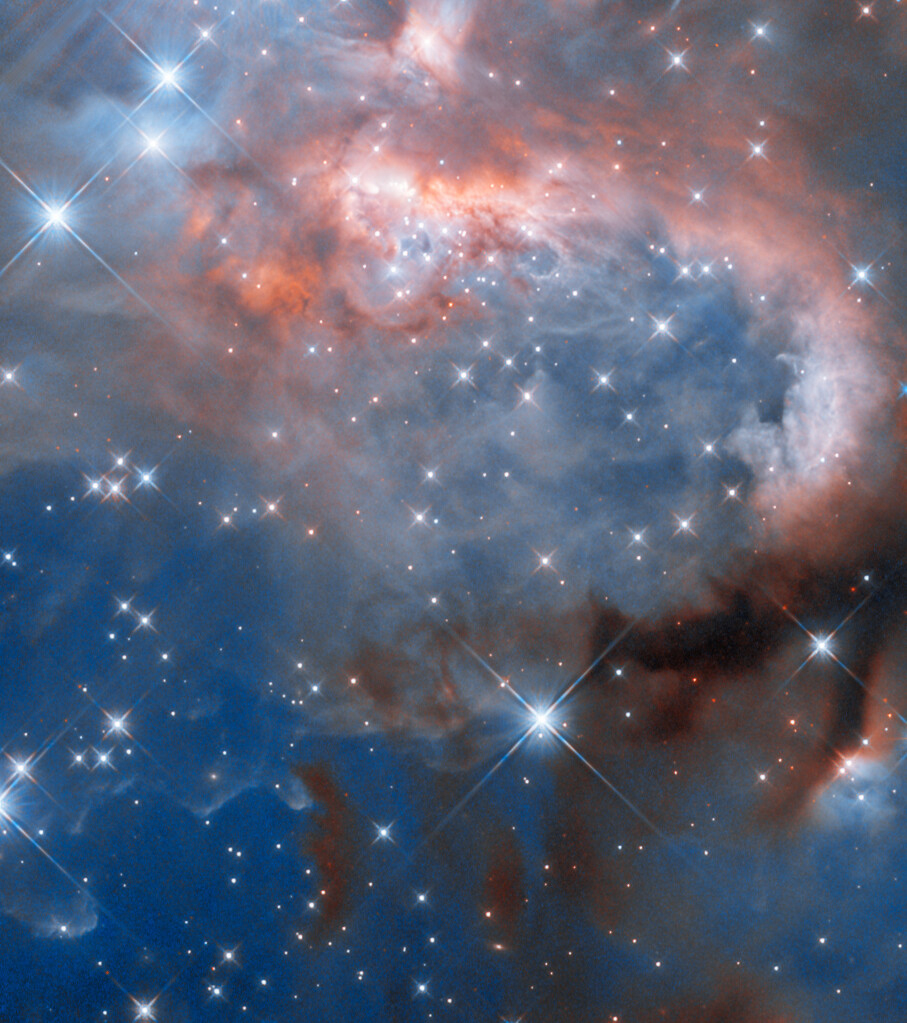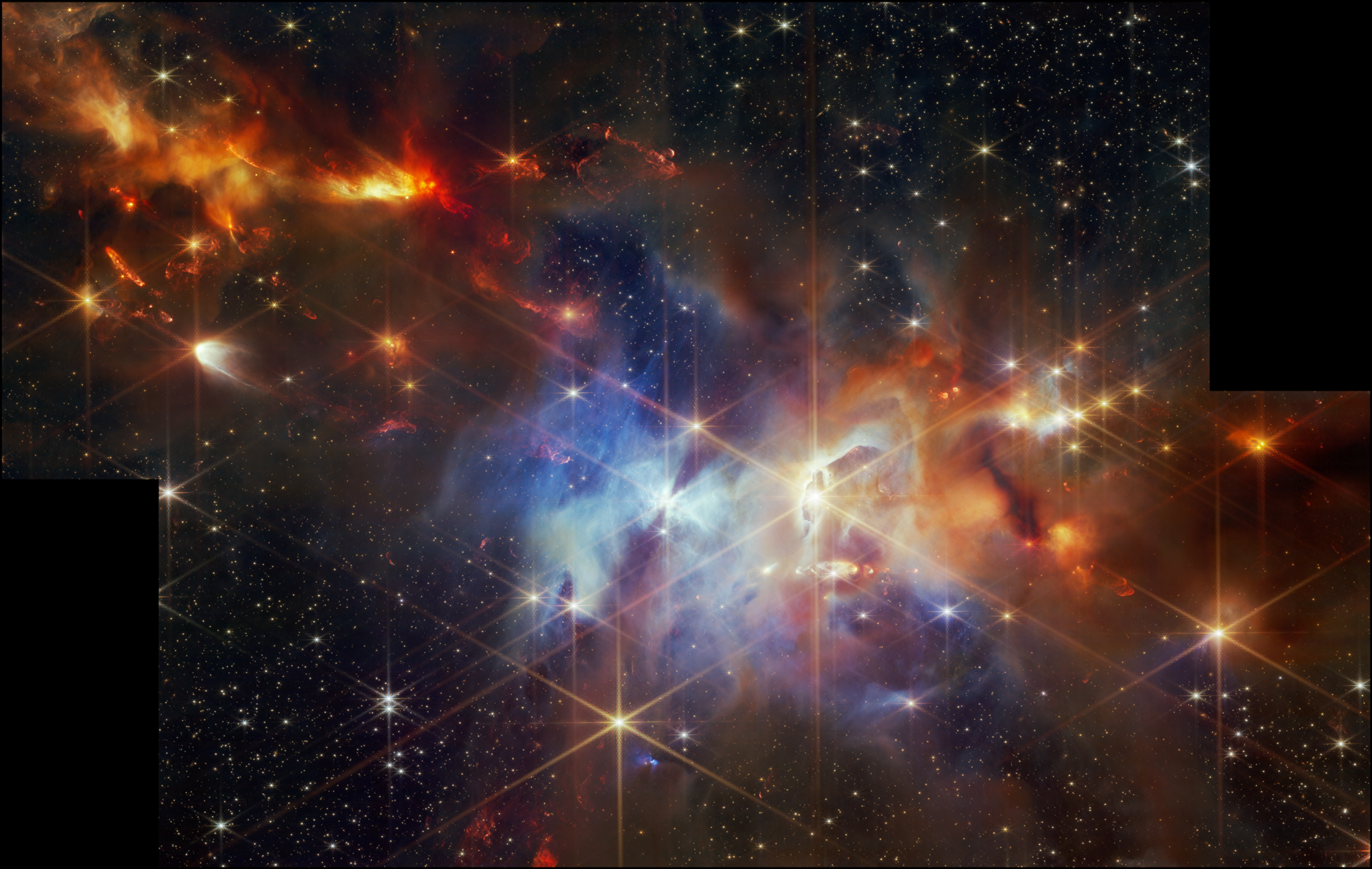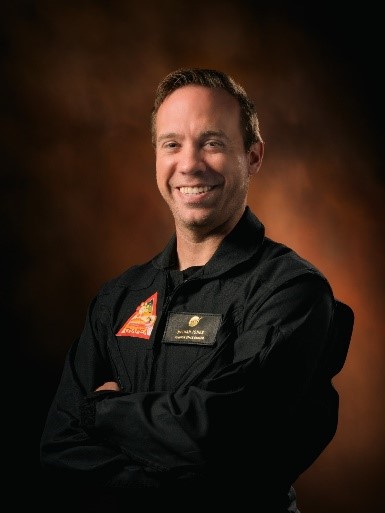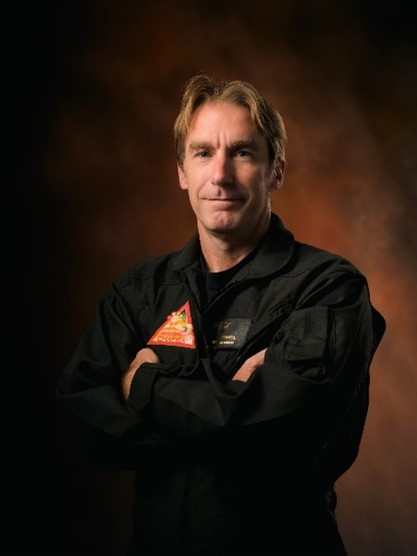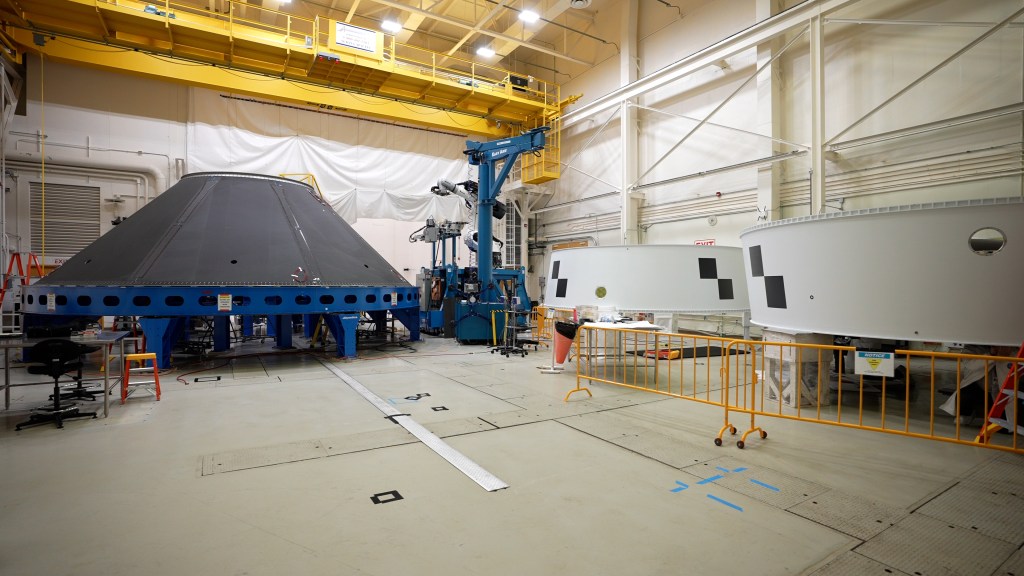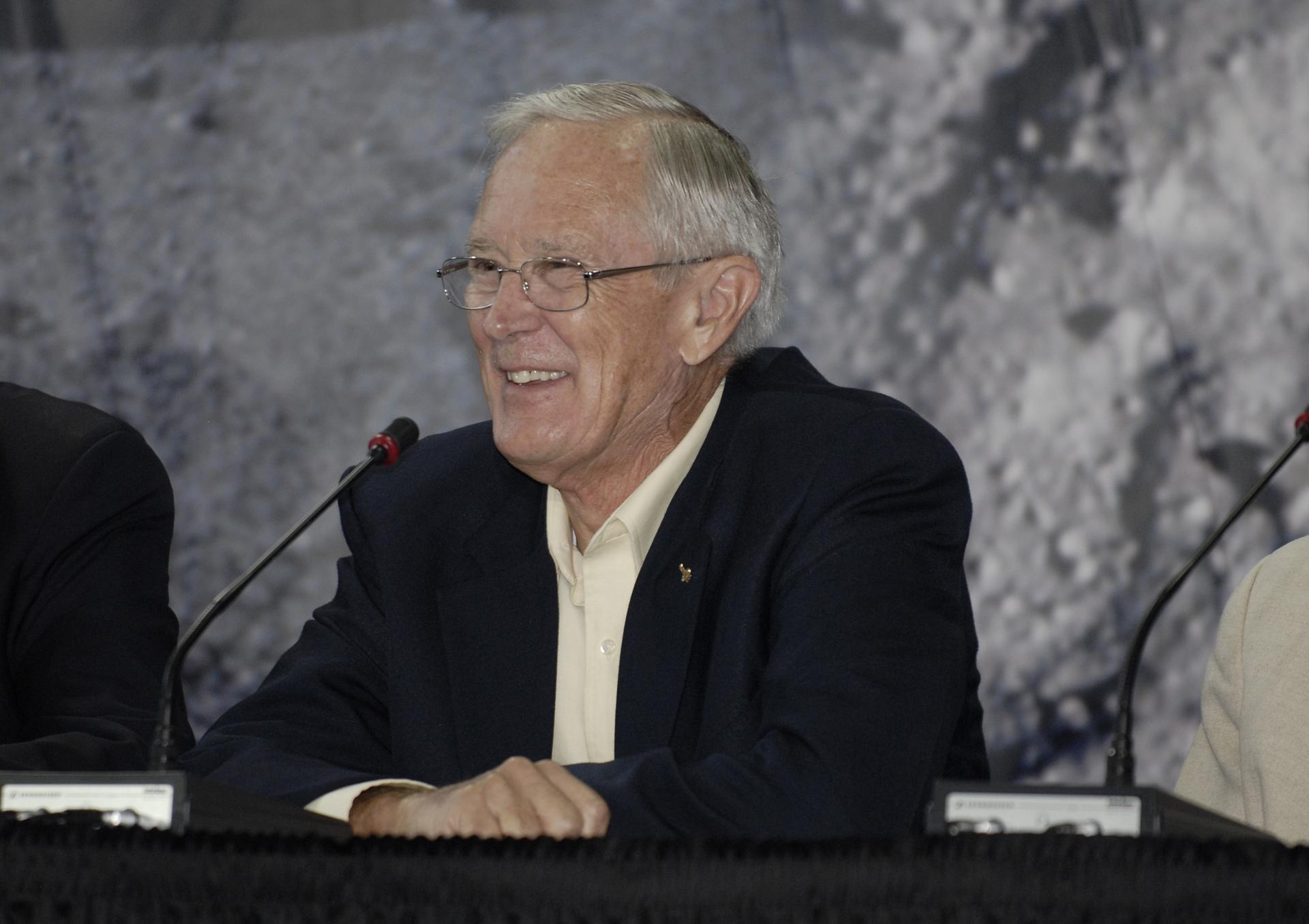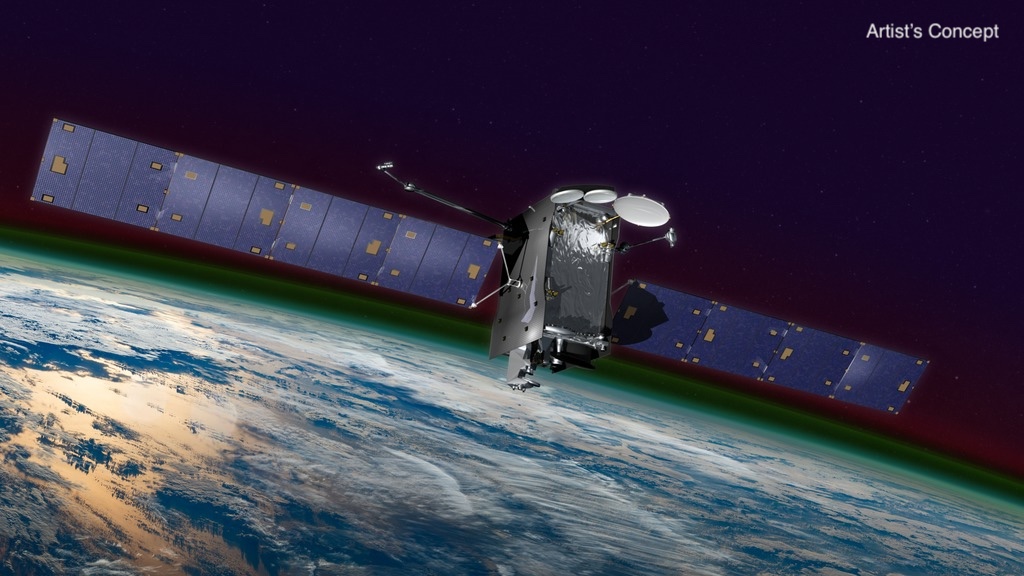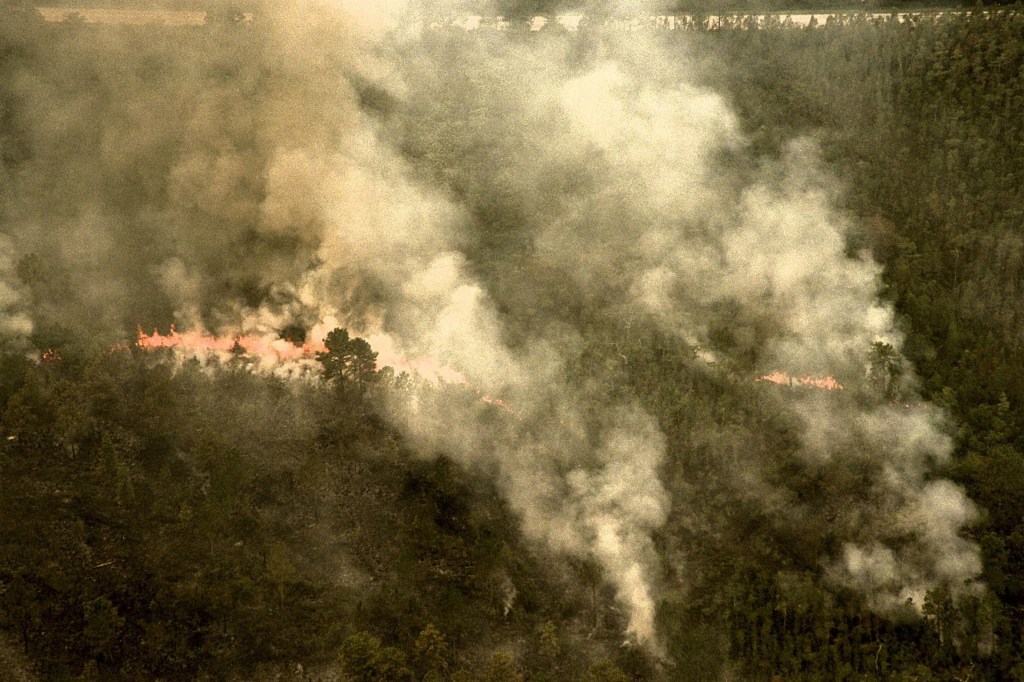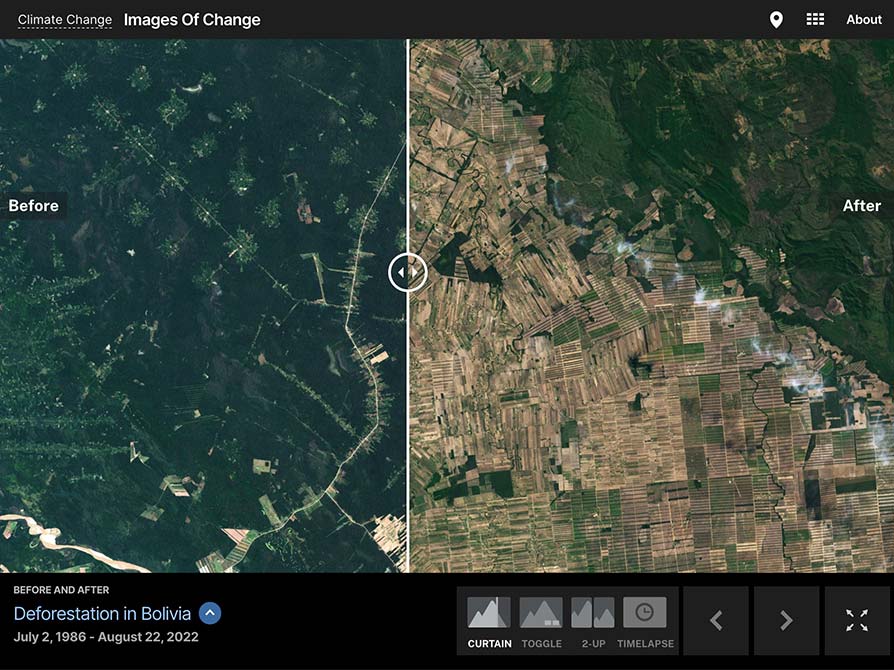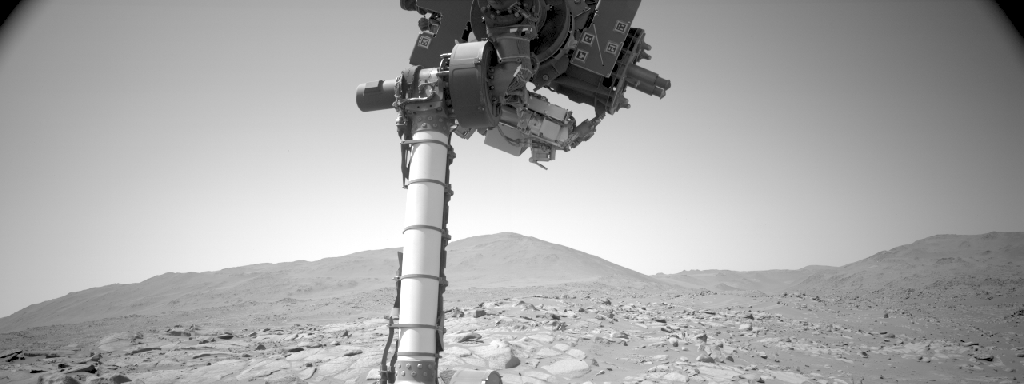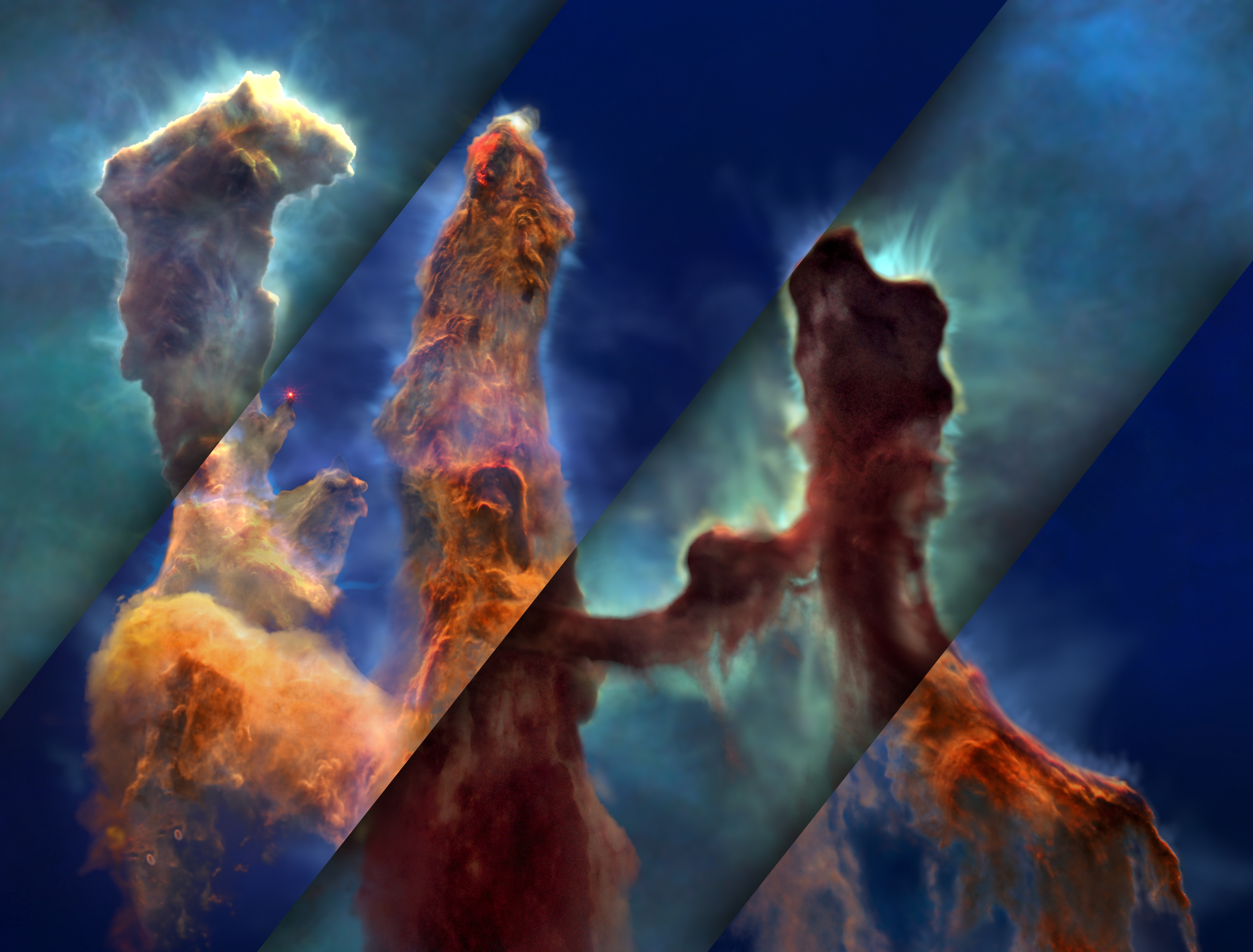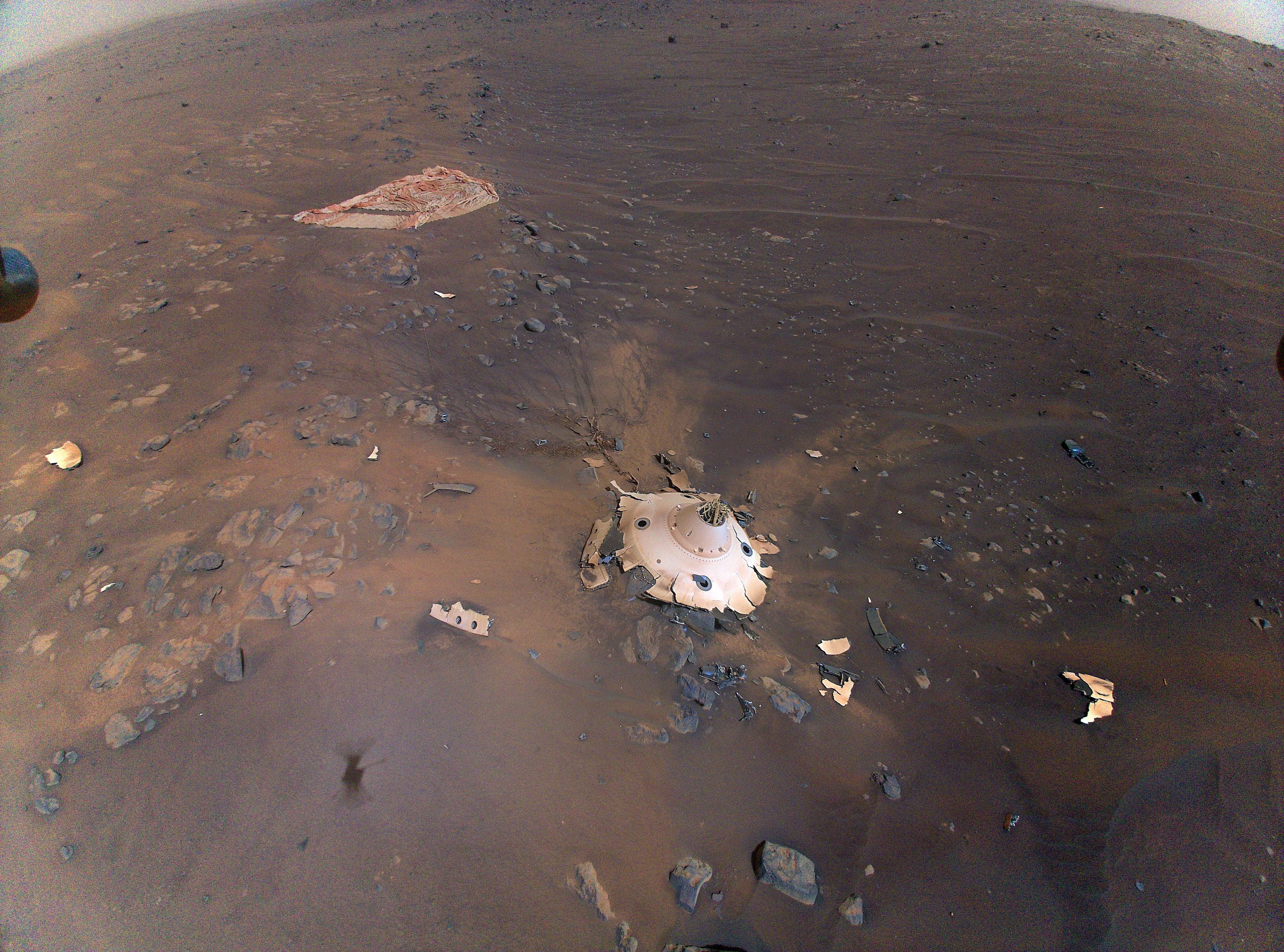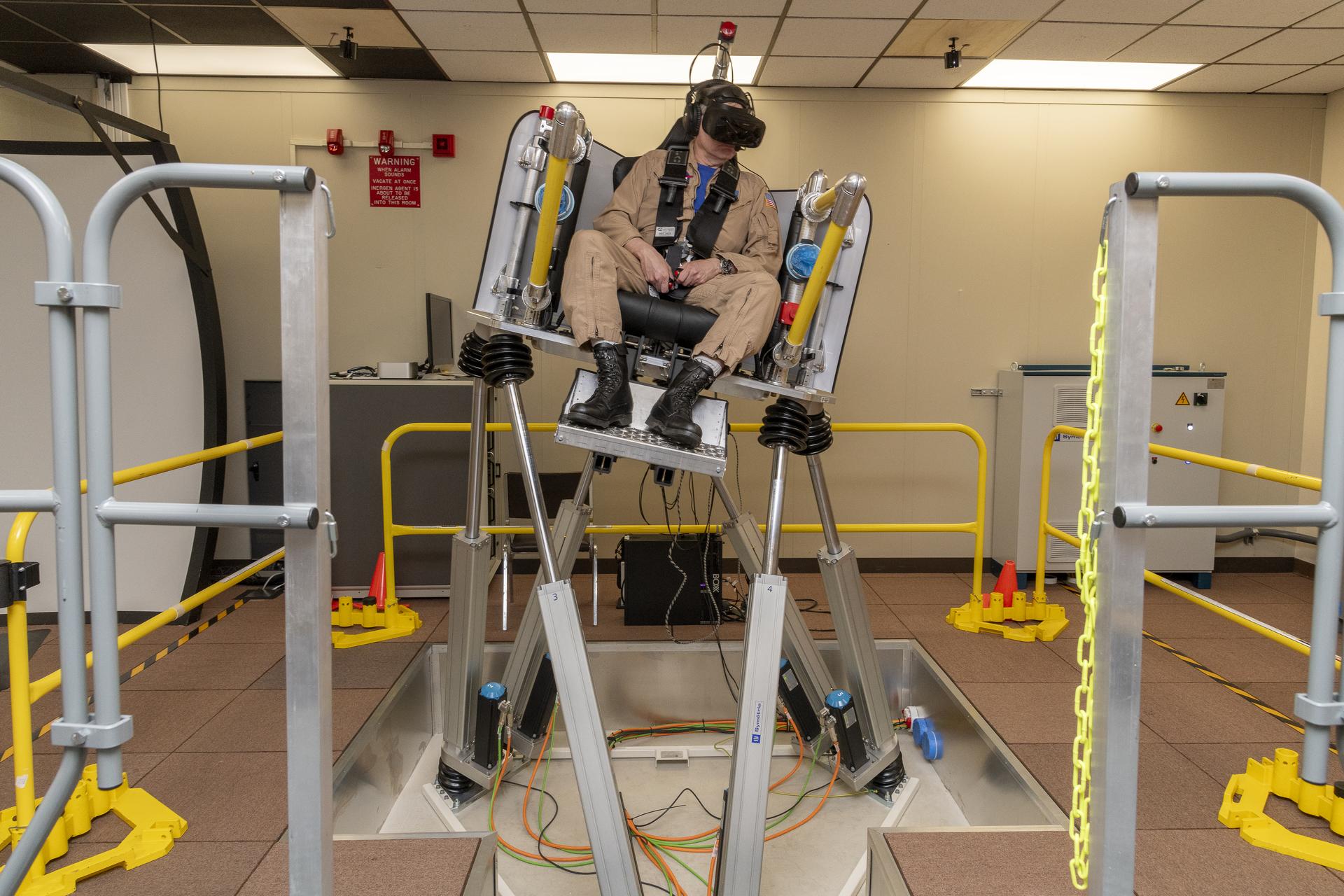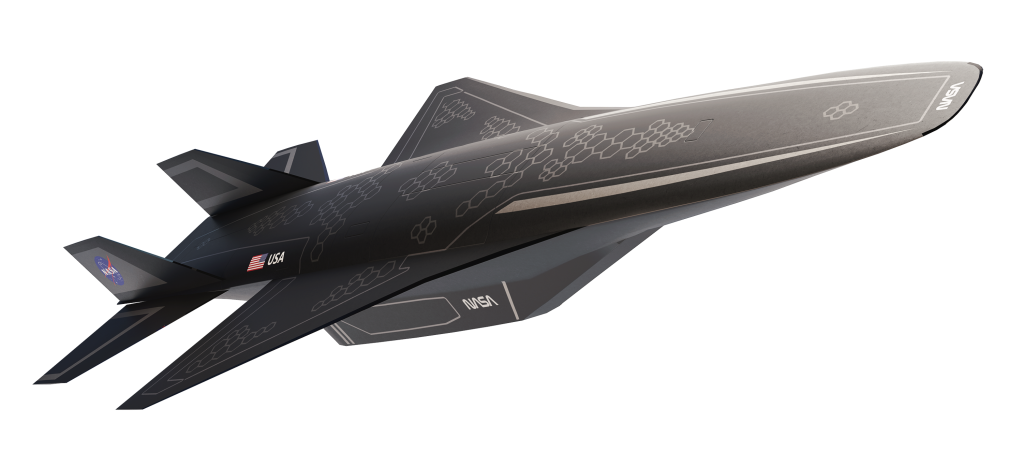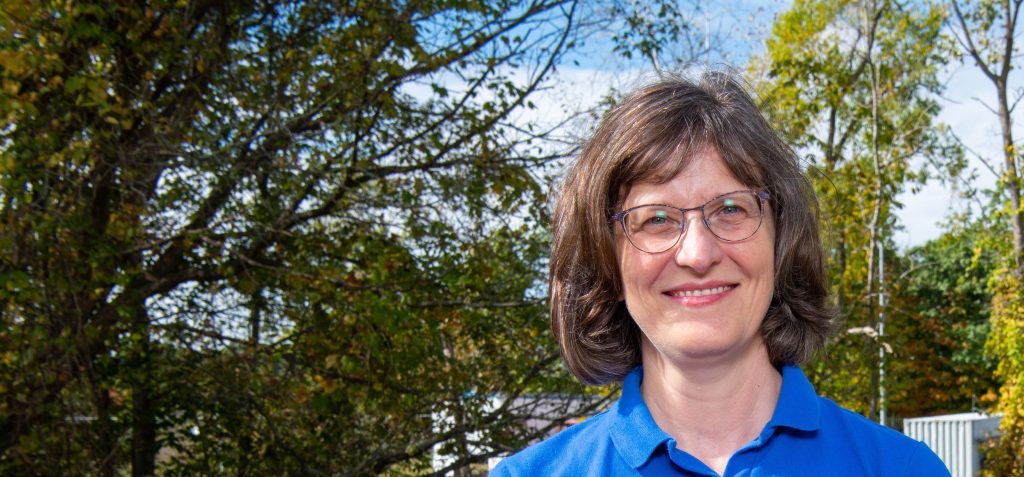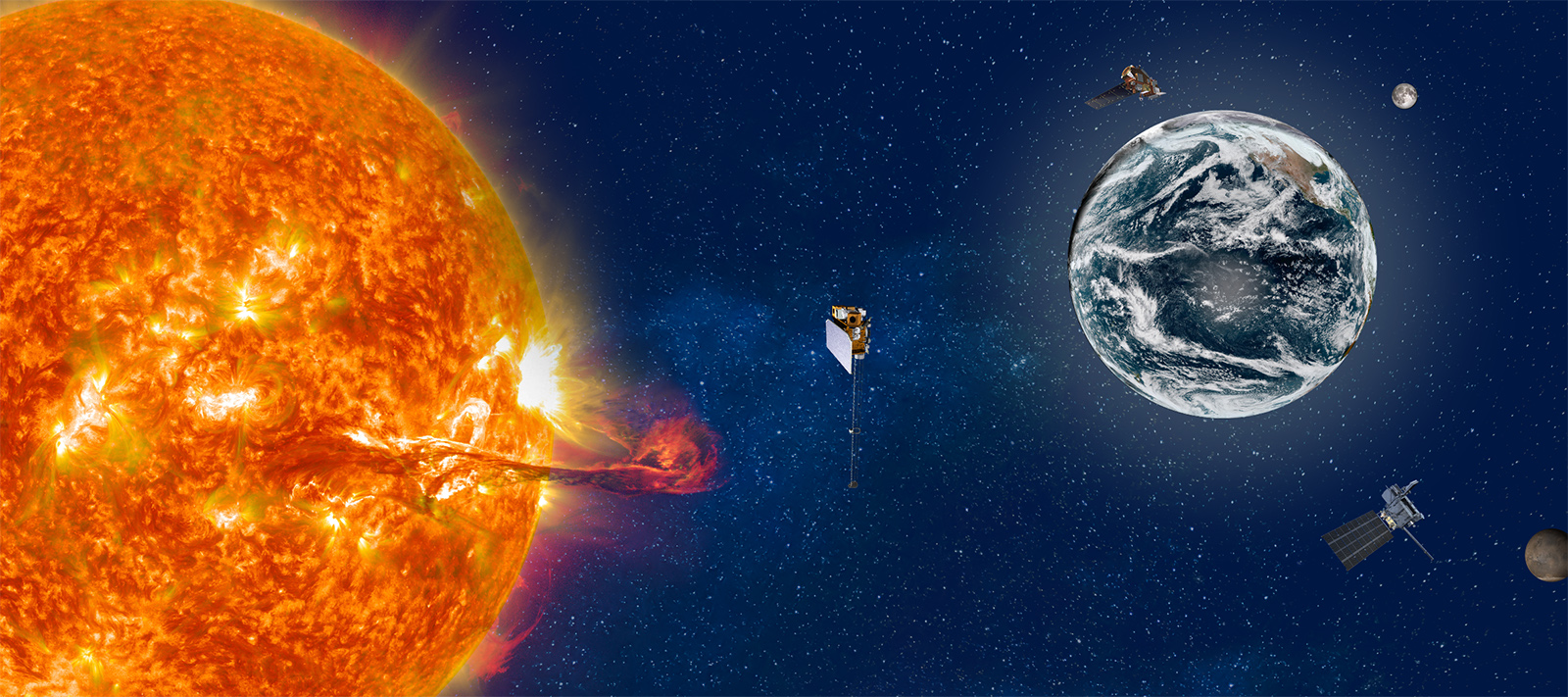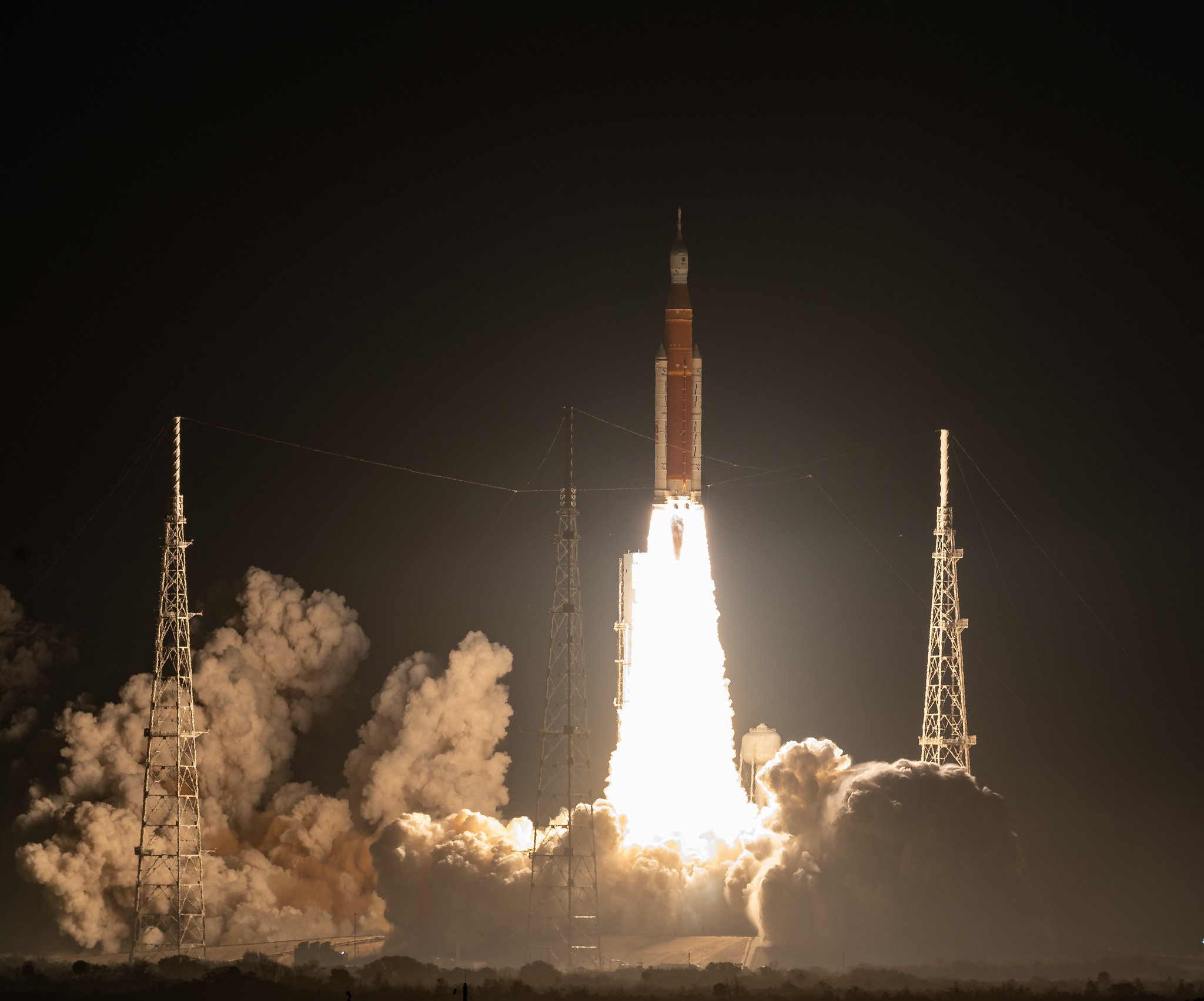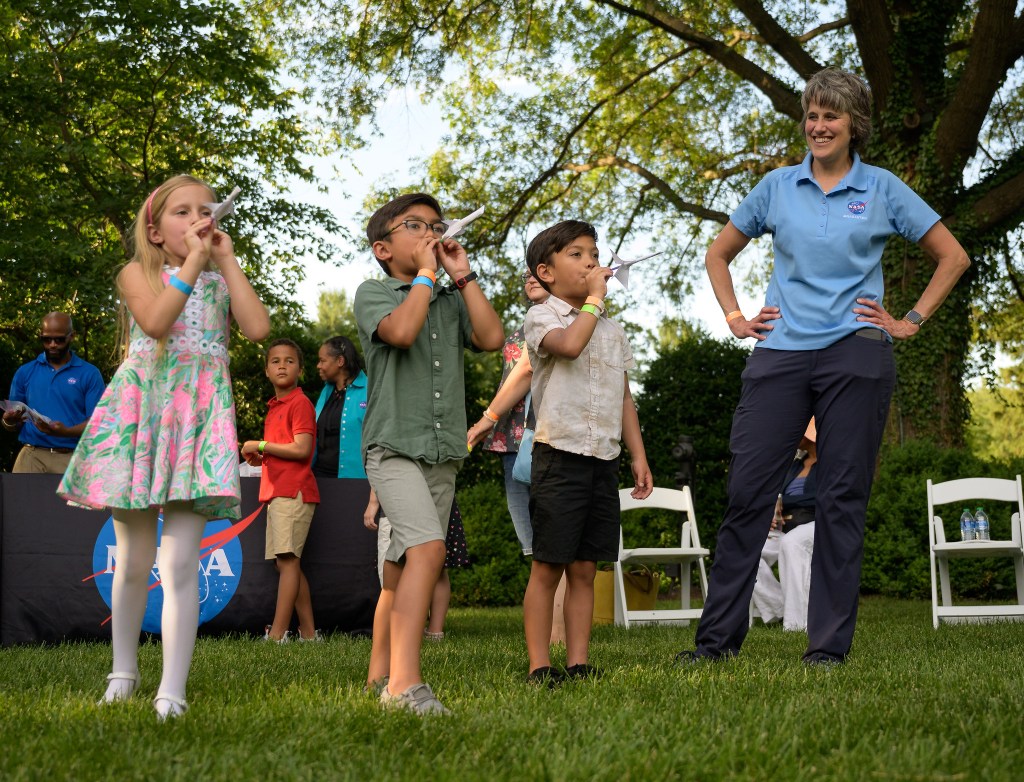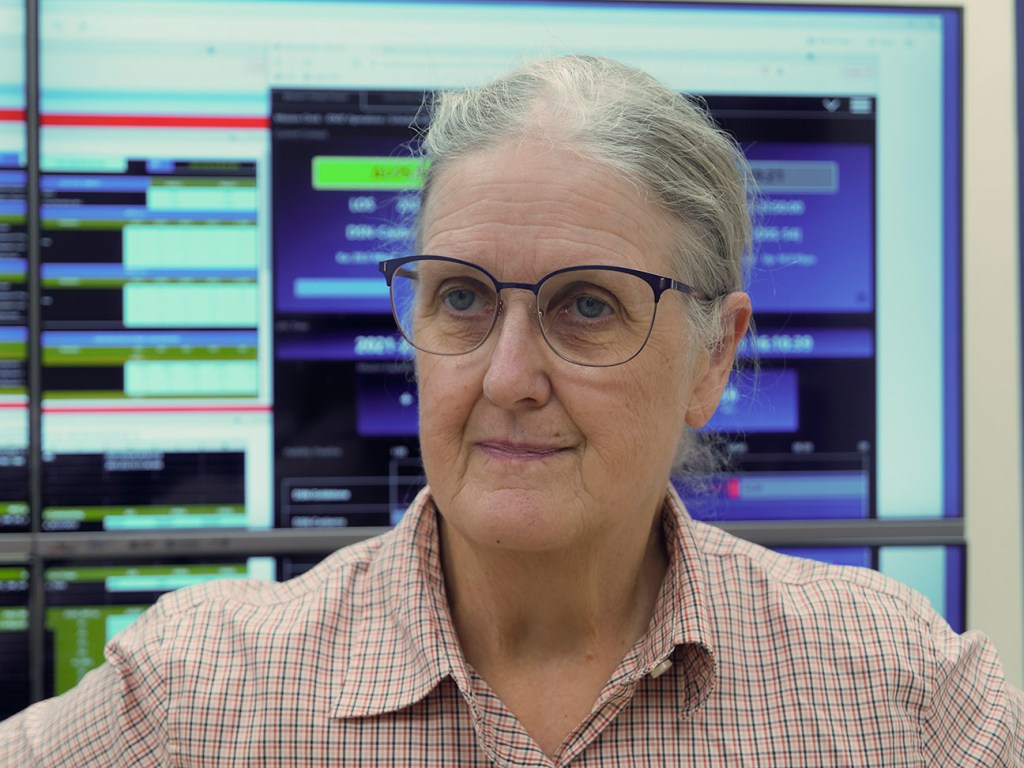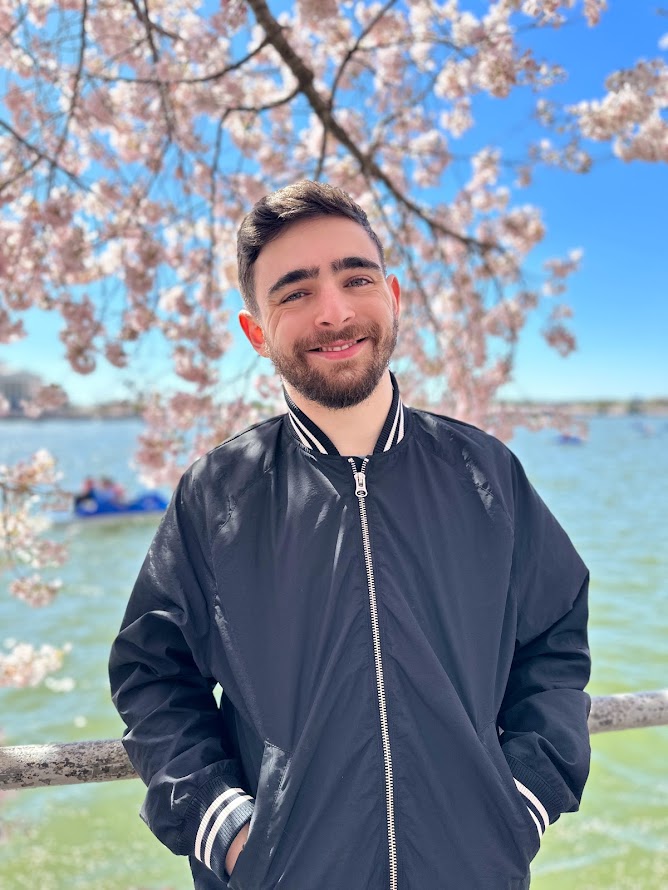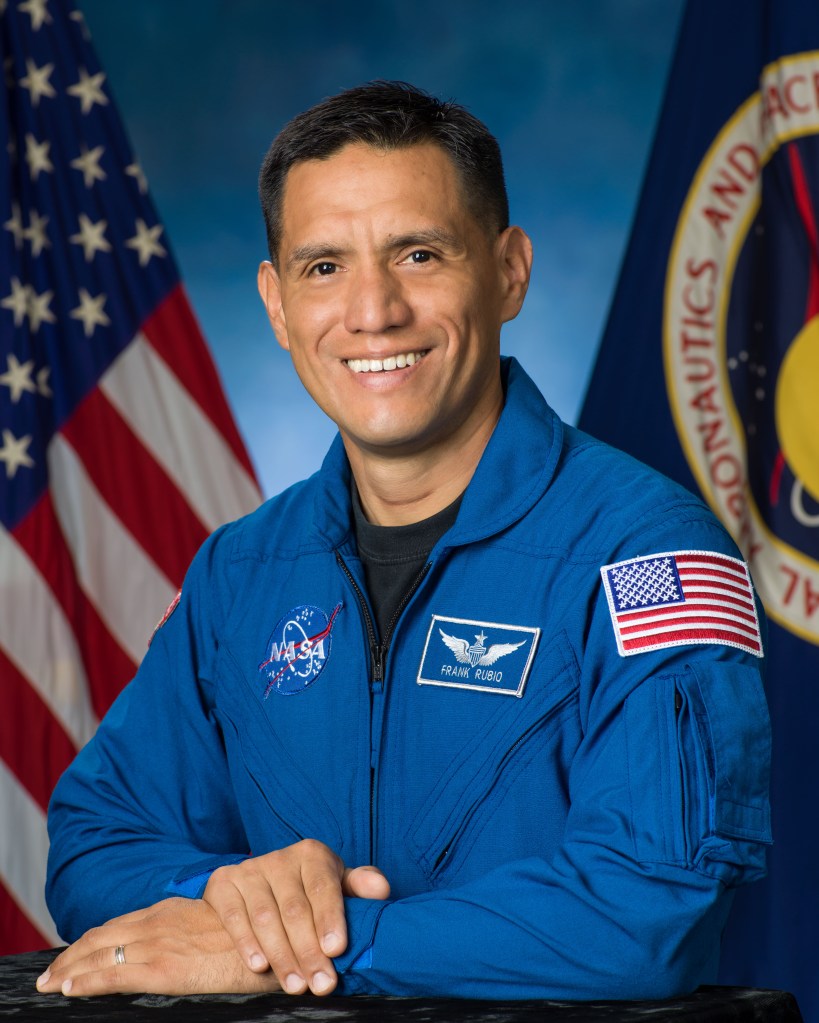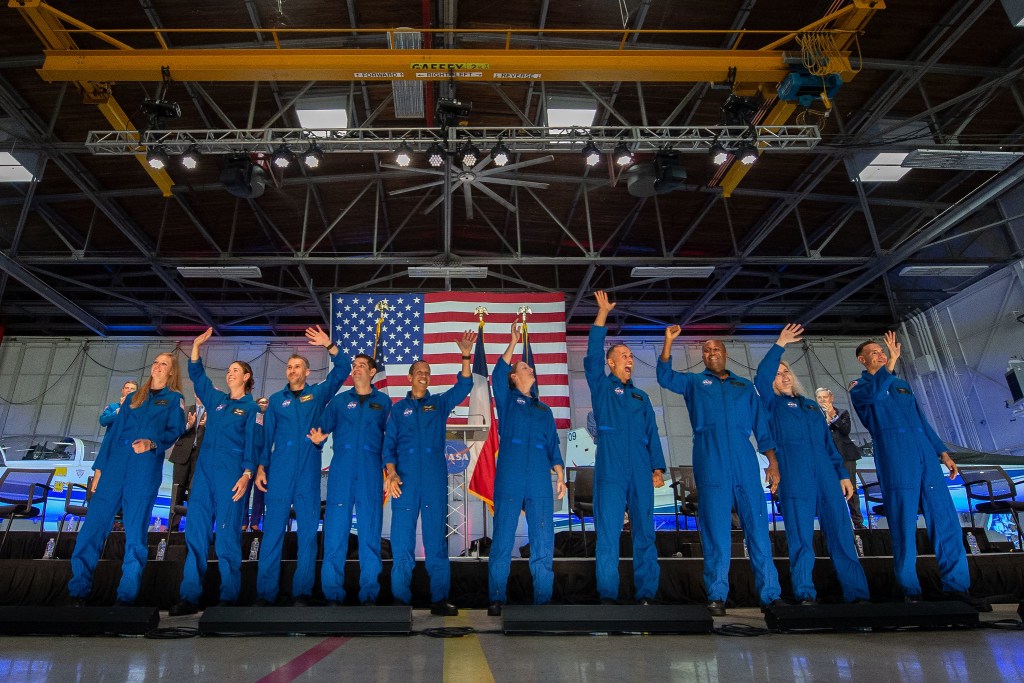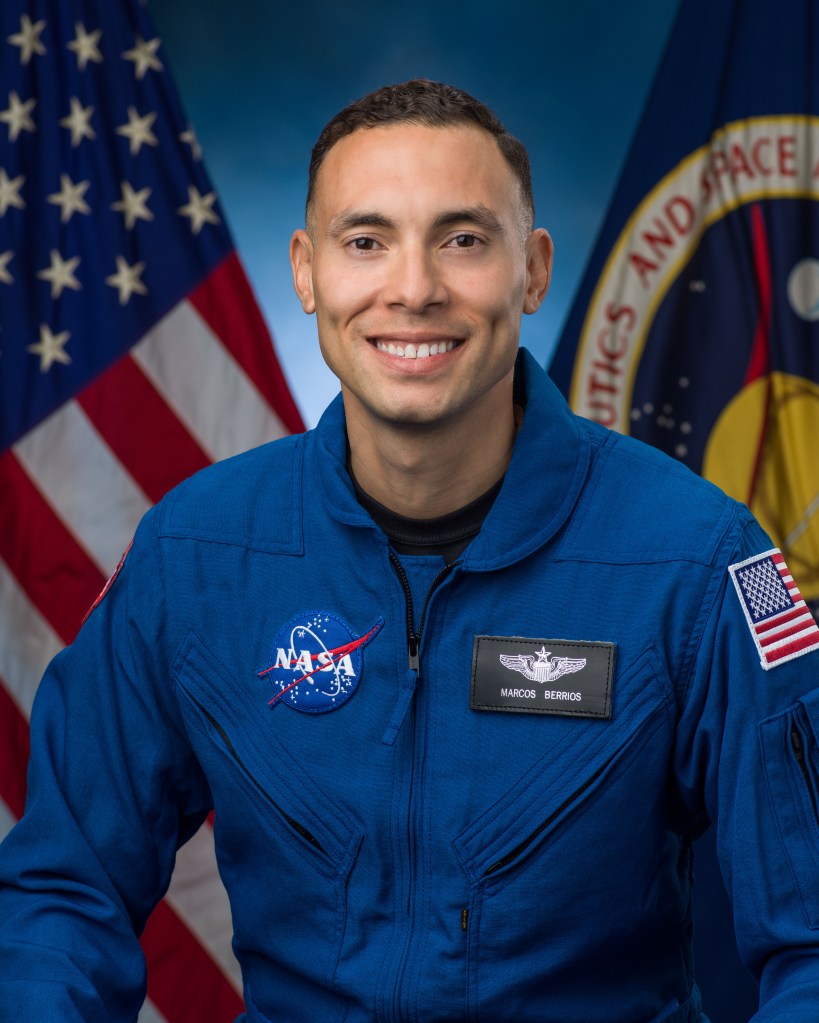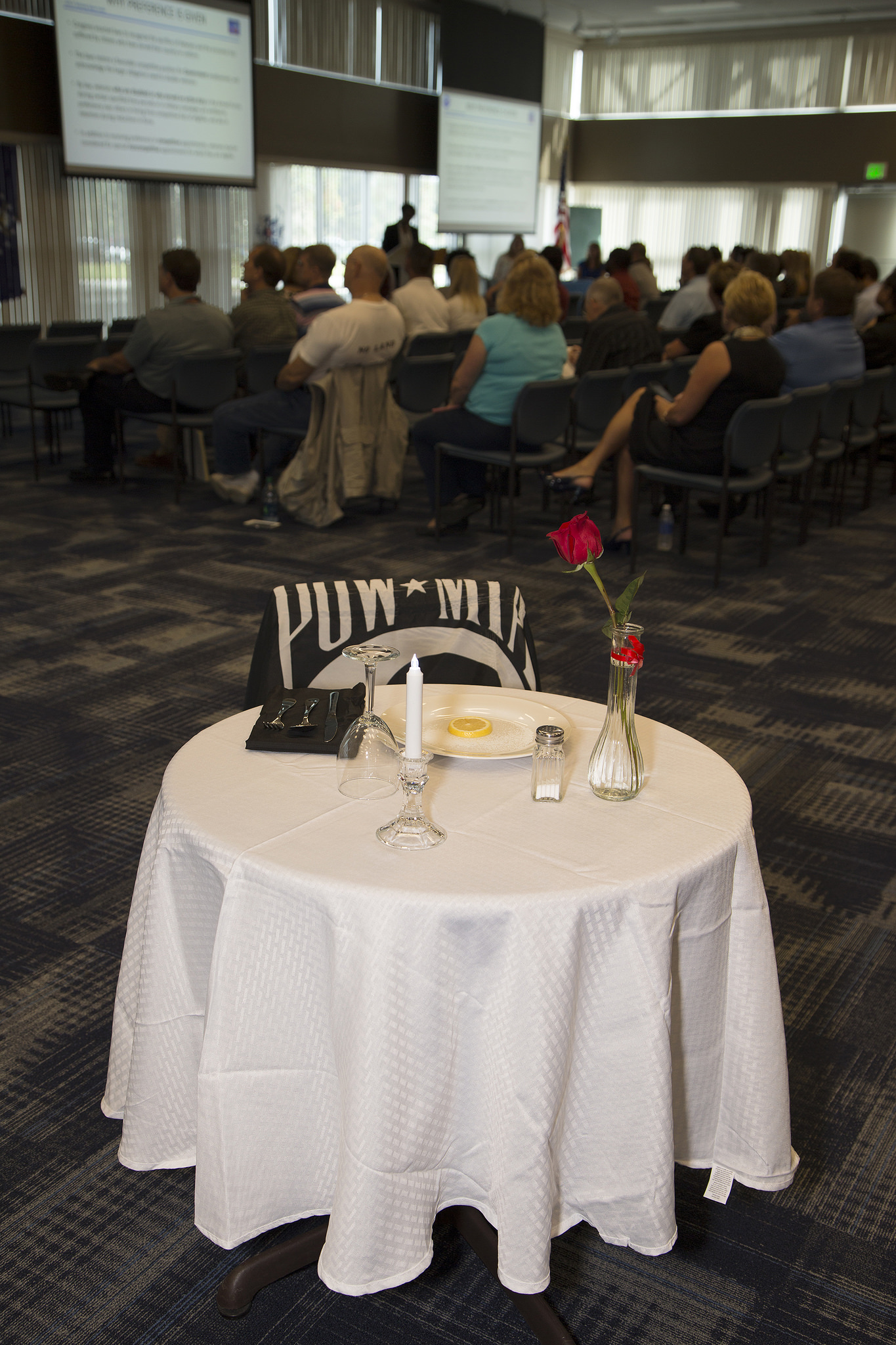Duty. Honor. Country. These are words that describe some of the life lessons that NASA Kennedy Space Center Deputy Director Janet Petro learned during her time serving in the military. As keynote speaker, Petro shared her experiences with the center’s veterans and other guests during a Veterans Day Recognition event Nov. 10 at the Space Station Processing Facility Conference Center.
“I’d like to thank all of you for your service,” Petro told the group. “It’s not just veterans that we need to thank today for their sacrifices. Every veteran has a support system — a family member, wife, husband, children, parents — who also have made sacrifices for them.”

Veterans working at Kennedy, representing the U.S. Army, Air Force, Coast Guard, Marines and Navy, participated in the ceremony. The event was hosted by Kennedy’s Veterans Employee Resource Group (ERG).
“I feel very honored to be able to share some of my story with you today,” Petro said.
Petro’s military journey began when she attended the U.S. Military Academy at West Point in New York. She started in 1977 as part of the second class of women, and graduated in 1981 with a Bachelor of Science in engineering. She began her professional career as a commissioned officer in the U.S. Army and served in the aviation branch with various assignments overseas in Germany.
“It’s a culture shock,” Petro said. “During basic training you become part of a unit, something that’s larger than yourself.”
As she reflects back on it now, she sees the process as going from being selfish to being selfless at the end of the journey. All veterans probably have this in common.
“I found a lot more people that supported us, promoted us, helped us, as we found our place within the ranks of the cadets,” Petro said. “It was one of the best decisions I made.”
Many of her instructors at the academy were pilots and that really interested her. During lab days, she had the opportunity to fly in a helicopter and learn how it operated. After graduation she attended aviation school.
“I was hooked from that moment on,” Petro said. “I was fortunate enough going through the academy that I was able to select my branch in the army and the location where I was able to serve.”
Petro said she learned two important things during her time in the military. First, duty, honor, country, those three words have been very meaningful to her.
“Outside the military, it’s about our job, our duty to each other, our peers, our bosses, to do what we say we’re going to do,” Petro said.
Integrity is one of NASA’s core values. Petro said honor and integrity are intertwined. They mean as much today as they did when she was in the military.
“Country – is about something bigger than ourselves,” Petro said. “Within NASA we have a duty to each other and to our agency to be loyal to that and show allegiance to the principles.”
The second lesson has to do with leadership and accountability. As a leader, Petro said what is said and the decisions that are made have to be owned. One of the principles she learned in the military is “no excuses,” and that applies to the working world as well.
“I really appreciate the contributions of veterans here at Kennedy and throughout our country,” said Kennedy Center Director Bob Cabana. “Service doesn’t end just because you’re not in the corps.”
Digna Carballosa, executive champion for Kennedy’s Veterans ERG, said: “Veterans have a lot to give when they come back from military service. We could never repay the debt that we owe them for their service, but we can surely try.”
The event also featured the POW/MIA ceremony, led by Matthew English, a configuration management specialist in the Exploration Research and Technology Programs Directorate, to remember those who are prisoners of war or missing in action.
POW/MIA Ceremony
This table set for one is small, symbolizing the frailty of one prisoner alone against his oppressors.
The table is round, to show that our concern for them is never-ending.
The tablecloth is white, symbolizing the purity of their intentions to respond to their nation’s call to arms.
The single red rose displayed in a vase reminds us of the families and loved ones of our comrades-in-arms who keep the faith, awaiting their return.
The red ribbon on the rose represents the love of our country, which inspired them to answer the nation’s call.
The lone candle symbolizes the frailty of one prisoner alone, trying to stand up against his oppressors.
The black napkin stands for the emptiness these warriors have left in the hearts of their family and friends.
A slice of lemon is on the bread plate to remind us of their bitter fate.
There is salt on the plate, symbolic of the family’s tears as they wait and remember.
The glass is inverted — they cannot toast with us on this occasion.
The chair — the chair is empty. They are not here. Remember.

